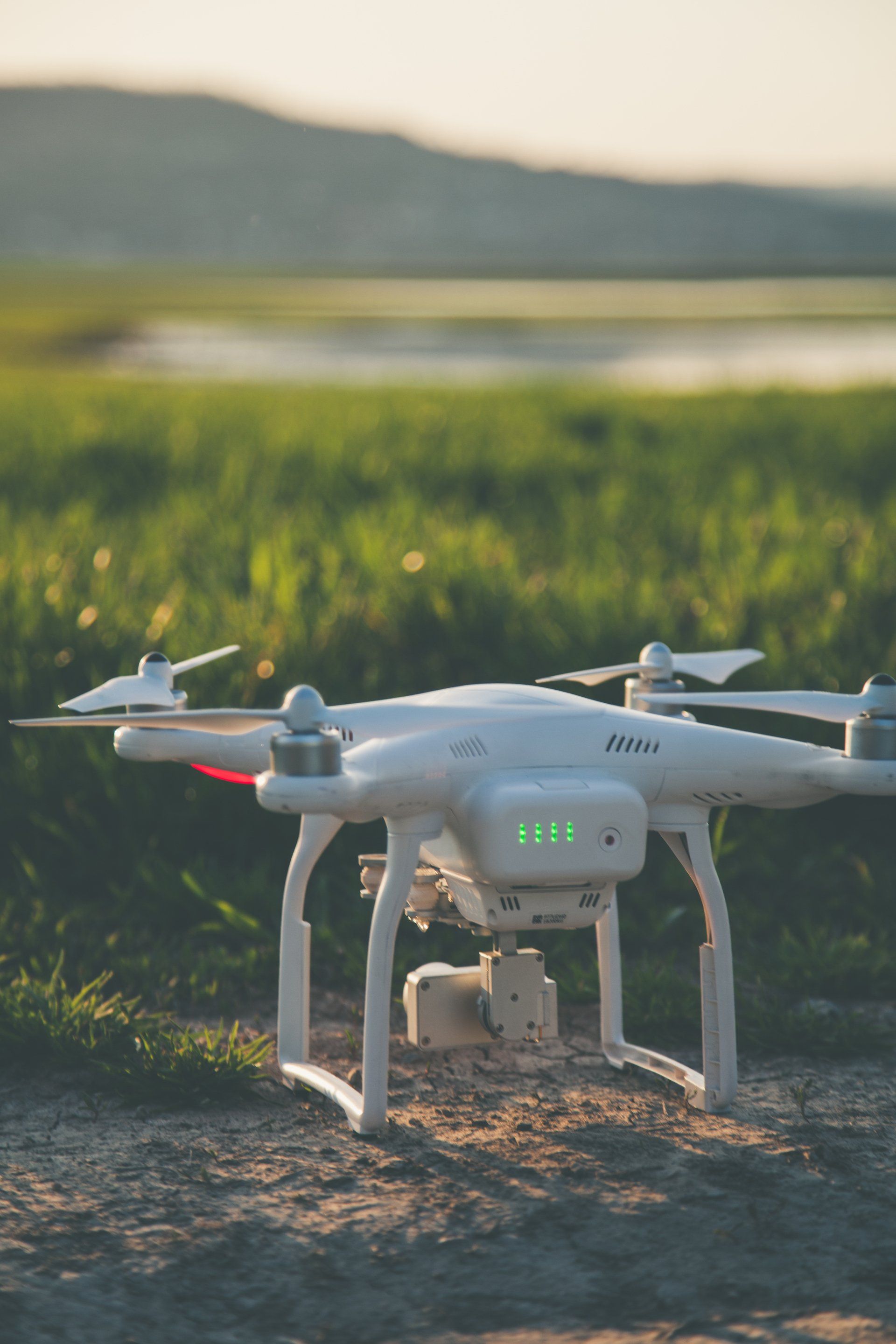Environmental Artificial Intelligence
Paving the Way for a Sustainable Future

In the face of escalating environmental concerns, Artificial Intelligence (AI) has surfaced as a formidable ally in promoting sustainability and conservation. The multifaceted role of AI in environmental stewardship is evident across various applications, from remote sensing for wildlife protection to climate change prediction and disaster resilience.
AI's capacity to process vast amounts of data at unprecedented speeds allows for more accurate environmental monitoring and analysis. For instance, machine learning algorithms can analyze satellite imagery to track deforestation or the spread of wildfires in real-time, enabling quicker and more effective responses.
Moreover, AI contributes to sustainable development by optimizing resource use in industries such as agriculture and energy. Precision farming techniques, powered by AI, can lead to reduced pesticide use and better crop yields, minimizing environmental impact while maximizing productivity.
Its integration in renewable energy systems, such as smart grids, enhances efficiency and reliability. AI algorithms can predict energy demand and supply fluctuations, facilitating the integration of intermittent renewable energy sources like wind and solar power.
Despite its potential, the deployment of AI in environmental contexts is not without challenges. Ethical considerations, technical limitations and policy implications must be addressed to ensure that AI technologies are developed and applied responsibly. It is crucial to establish transparency, safety, and ethical standards to avoid unintended consequences that could undermine sustainability efforts.
Success stories and case studies highlight AI's potential in shaping a sustainable future. For example, AI-driven initiatives have been instrumental in reducing food waste at retail and consumer levels, contributing to a more circular economy.
As AI continues to evolve, its role in environmental sustainability becomes increasingly significant. It offers a promising pathway to mitigate the impacts of climate change, protect biodiversity and ensure the health of our planet for future generations.







